When is the best time of day to eat carbs?
When is the best time of day to train?
A question we are often asked here at onePT – when is the best time of day to train?
As a bit of background, I first wrote this post during the Euros 2020 (actually played in 2021 because of the Pandemic).
The post started with …
“As a large percentage of the UK will be glued to their TVs watching England play Germany this evening – Come on, England! – with a kick off-time of 5 pm, last night France played Switzerland which kicked off at 8 pm, then went into extra time and then finally finished with Switzerland winning on penalties at around 11 pm! (We have also had games in the Euros kicking off mid-afternoon). Often in elite sport – players / athletes find it hard to come down after an evening game when hormones such as adrenaline are still flying around …”
So back to the present, everyone has an opinion on the best time of day to train. The science – both the theory and research evidence – shows it very much depends on the individual, their goals and also the type of exercise they are doing.
For example, some research has found that exercise in a fasted state (before breakfast) leads to a small increase in the amount of fat being burned. That’s because blood sugar, insulin and glycogen levels are all lower than normal after an overnight fast. Therefore, it is sometimes recommended for a person to complete some lower intensity endurance based exercise (30-40 min) before breakfast to help burn body fat. A further boost to fat burning may be achieved by drinking an espresso or coffee without milk before your workout as caffeine can stimulate lipolysis – the body’s fat burning process. Please look out for a further blog on whether early morning (fasted) fat burning workouts do really work (and therefore are they essential?)
It is also important to consider the body’s blood sugar levels are a little bit low after an eight hour sleep, therefore you might feel a little light headed if you try to overdo it. Equally for longer endurance based sessions (> 60 min) or higher intensity sessions including strength training sessions before breakfast there is the potential for the body to use muscle as an energy store and therefore you may be breaking down the tissue you are looking to improve which is counter-productive. Remember the total amount of calories we burn in a day is directly proportional to the amount of lean muscle we have. If you are looking to complete a strength training session in the morning, it is important to pre-fuel in the right way as detailed above – a combination of carbohydrate and protein. A good trainer will help you with the right choices and timings for you.
Going back to the first point above, when is the best time to perform a strength workout – there are many theories based around when the body’s muscle building hormone testosterone is at its highest (i.e. should we train in the morning?) or when the testosterone response to exercise is at its greatest (i.e. should we train in the afternoon / evening?); or when the body’s stress hormone, cortisol is at its lowest (again should we train in the morning?) or when the cortisol response to exercise is at its lowest (again should we train in the evening?
ARGGGHHHH – I don’t know about you but this is confusing!!!
So how do we sort this out – generally speaking most people are weakest in the morning and strongest in the late afternoon / early evening. This coincides with the body’s circadian rhythm or 24 hour body clock when the body’s temperature is naturally at its highest.
This would potentially indicate you should strength train or perform HIIT (High Intensity Interval Sessions) in the late afternoon / early evening, when your body’s perceived exertion to a given exercise session is also less – i.e. you would expect to find the same session easier in an afternoon when compared to the morning.
But does finding a strength exercise session easier in the afternoon mean this will result in better strength gains or better gains in muscle growth?
Not necessarily so!! A study conducted by a leading Sports Science University in Finland found only a small (less than 1%) difference in muscle growth in muscles of the thigh when comparing a group that trained in the morning to a group that trained in the evening!
So if you are still awake by now (of if I have helped you fall in to a very deep sleep at least I have helped in one respect!) – what does this all mean?
What time of day should I train?!!
It is important to remember training is a personal thing, and as I found in my own PhD Thesis there were very large differences between individual responses and adaptations to strength training programmes.
Therefore in terms of choosing the right workout schedule for you, there is probably no best single time that works for all people all of the time. Remember some people are more alert in the morning and some people who are more alert in the evening – therefore it is important that your schedule and nutritional plan works for you.
Just remember the principals about pre-fuel and refuel.
Yes recent research evidence confirms the benefits of early morning fasted fat burning exercise – but is a one-off session going to make a difference – NO.
The key word is consistency –
Consistent training – a combination of strength workouts, conditioning type sessions (including HIIT at an appropriate level for the individual, some Moderate Intensity Conditioning sessions), and perhaps some early morning fasted cardio sessions as well as some daily activity such as walking
Consistent nutrition – getting the basics right, good quality protein choices, plenty of veg, some healthy fats and some good whole grain carb choices when required to fuel performance
Consistent recovery – 7-9 hours on a regular basis but it is imperative that the quality of sleep is there as well. As per the start of this post, we do need to be careful when training intensely late at night – as we can leave the body overstimulated and therefore we may find it difficult to get to sleep / have good quality of sleep and we end up feeling more tired as a result.
Thank you for reading this post and pleasant dreams!
If you would like to find out more about how we can perhaps help you achieve your health & fitness goals, then please book a Complimentary PT Session by following the link below: –
In movement, health & wellbeing
Neil
Dr Neil Fell PhD
Co-Founder onePT

